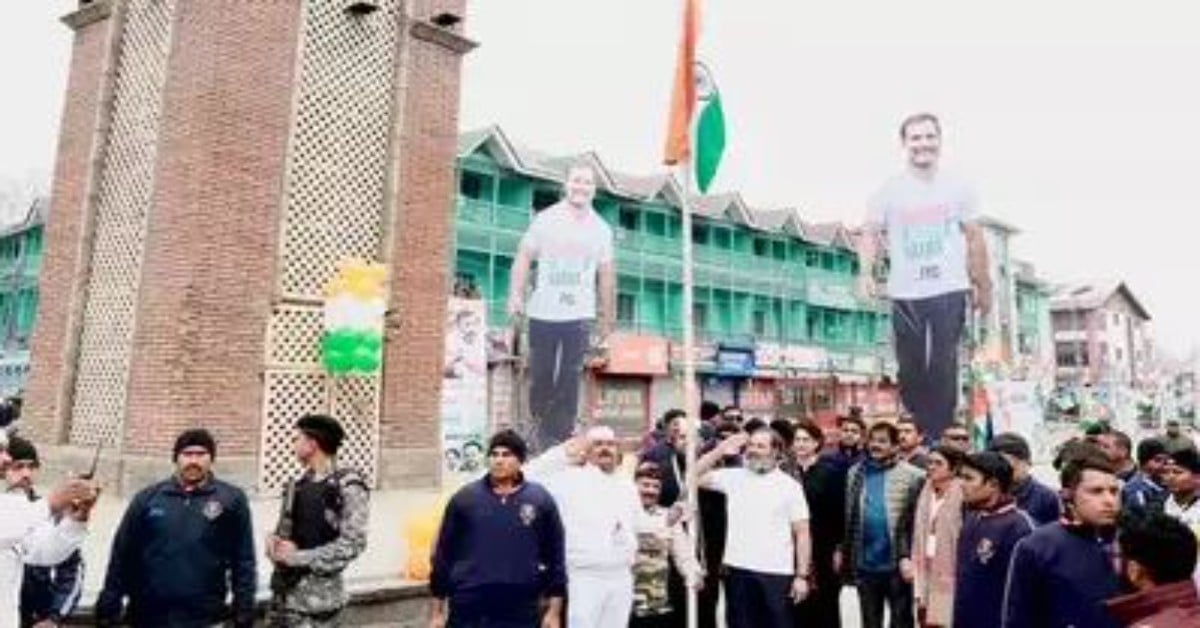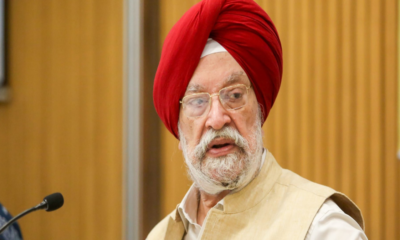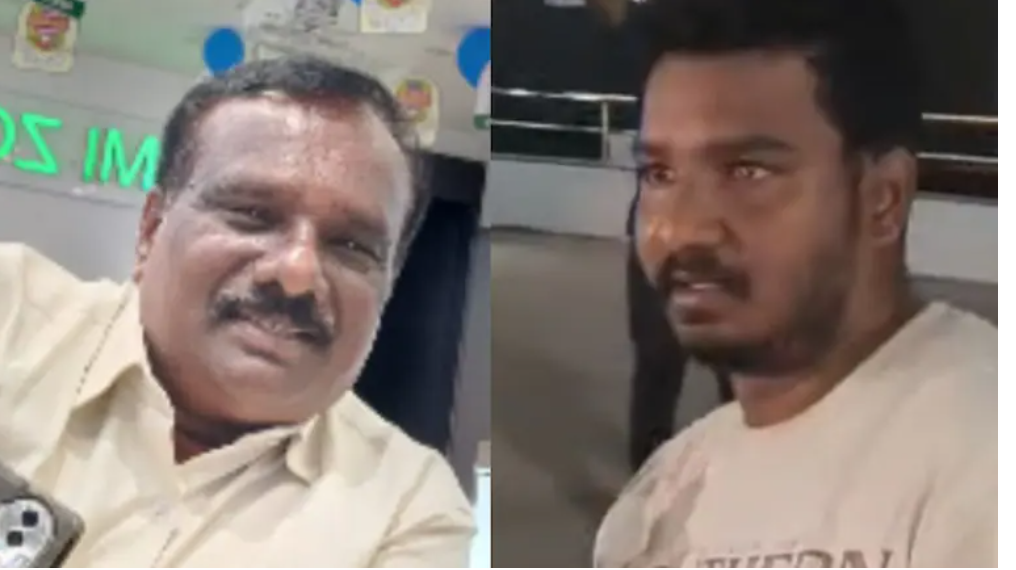India News
Bharat Jodo Yatra: Rahul Gandhi unfurls Tricolour at Lal Chowk in Srinagar | WATCH
Before beginning the Bharat Jodo Yatra on Sunday, Rahul Gandhi lashed out at the Centre by raising questions on PM Modi

India News
As stealth reshapes air combat, India weighs induction of Sukhoi Su-57 jets
India is assessing the possible induction of up to 40 Sukhoi Su-57 fifth-generation fighter jets as stealth becomes central to future air combat strategy.
India News
RSS chief backs nationwide rollout of Uniform Civil Code, cites Uttarakhand model
RSS chief Mohan Bhagwat has supported nationwide implementation of the Uniform Civil Code, urging adoption of the Uttarakhand model.
India News
DMK leader’s son arrested after car rams family in Krishnagiri, one dead
A 20-year-old son of a DMK leader has been arrested for allegedly driving a car into four members of a family in Krishnagiri, killing assistant labour inspector Sivamoorthy.
-

 India News11 hours ago
India News11 hours agoDMK leader’s son arrested after car rams family in Krishnagiri, one dead
-

 India News10 hours ago
India News10 hours agoRSS chief backs nationwide rollout of Uniform Civil Code, cites Uttarakhand model
-

 India News59 mins ago
India News59 mins agoAs stealth reshapes air combat, India weighs induction of Sukhoi Su-57 jets
-

 Cricket news33 mins ago
Cricket news33 mins agoRinku Singh returns home from T20 World Cup camp due to family emergency














